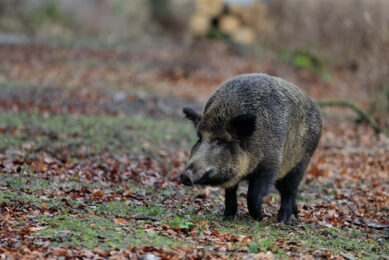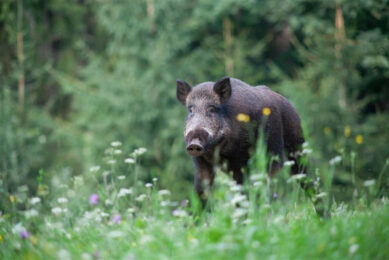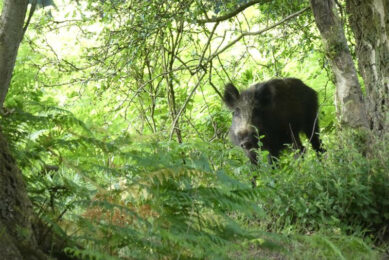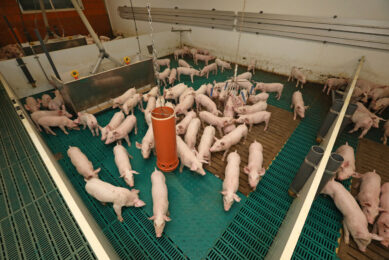Covid-19: French and Dutch slaughterhouse staff test positive
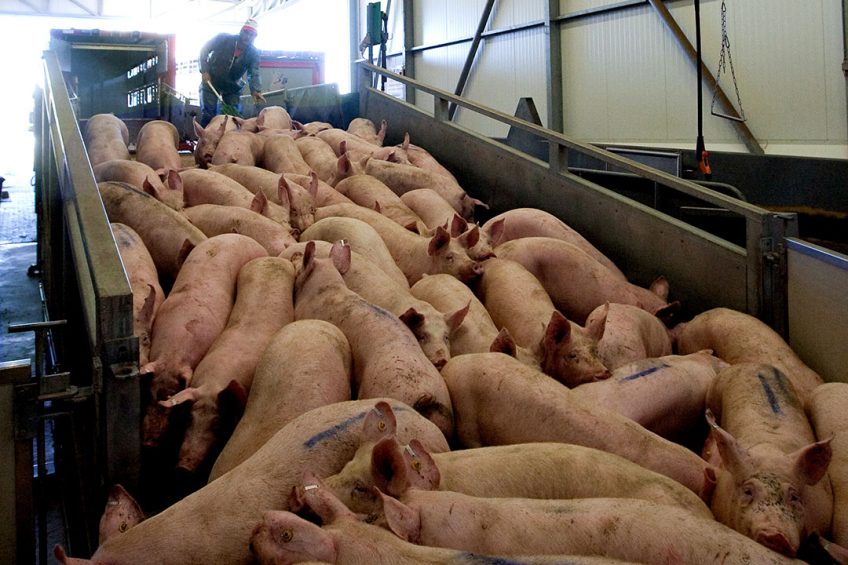
In Europe, not only slaughterhouses in Germany have reported their employees to have infections with coronavirus 2019 (Covid-19). There are also reports from France and the Netherlands about similar ‘asymptomatic’ occurrences, so far no major processing disruptions are reported. Meanwhile, Germany aims to change slaughterhouse labour rules.
A Vion slaughterhouse in the Dutch city Groenlo was closed down last week after 45 people had tested positive for Covid-19. A subsequent closer look learnt that over 20% of employees tested positive with coronavirus, i.e. 147 out of 657. The plant is temporarily closed as all employees will have to go into home quarantine. Production is being taken over by other Vion plants.
On Wednesday, a different Vion pig slaughterhouse in Apeldoorn, the Netherlands, was closed down for 1 day after it had been discovered that 17 vans bringing (mostly foreign) employees disobeyed social distancing rules. The meatpacker promised improvements. As from Thursday the company had arranged 50 coaches to bring the employees after which operations could be resumed.
In addition, on Thursday, a slaughterhouse by Van Rooi Meat in Helmond, the Netherlands, showed that 21 out of 130 employees tested positive for Covid-19. For that reason th
A few weeks back, another Vion slaughterhouse in Scherpenzeel, focusing on poultry, showed that 28 employees had contracted the virus. Those employees were placed in quarantine.
Text continues underneath image
Vion following all hygiene procedures
Ronald Lotgerink, CEO of Vion, stated to be shocked by the results in Groenlo, adding that none of the employees testing positive actually had any health problems. He said, “Apparently that is a characteristic of this virus,” emphasising the company is following all hygiene procedures laid out by authorities.
At the moment there are still question marks as to why the virus seems to spread quickly in employees of slaughterhouses. Possible explanations often stated include that many employees are foreign workers, often living close to each other. On top, it’s hard to keep 1.5m distance in slaughterhouses, something that is recommended in times of Covid-19.

What is the latest Covid-19 situation in North America?
France: Covid-19 at 2 slaughterhouses
Similar signals are coming from France, last week as also there a few outbreaks of Covid-19 were detected at slaughterhouses. One of them occurred in Saint-Jacut-du-Mené in the Côtes-d’Armor department last week, which is part of the swine region Brittany, in the country’s north west. In total 63 people (out of 209) had been found infected, which led to hundreds of people that had to be screened, according to the newspaper Ouest France. Just like the cases in the Netherlands, the vast majority of the employees did not have to be hospitalised, their cases being described as ‘asymptomatic’. Only the 1st person detected went to hospital.
Another outbreak was recorded on a slaughterhouse near Orléans, in the Centre-Val de Loire region just south of Paris. There 34 out of 400 workers were reported to be infected. This slaughterhouse was to close until at least today.
Germany: Additional rules for meatpackers
In the meantime, Germany has announced to tighten up rules on abattoirs, banning the subcontracting of meatpacking work through agencies after some 600 workers were found to be positive for Covid-19 in slaughterhouses. The measures were announced by the country’s labour minister Hubertus Heil, news agency Reuters reported.
In Germany, many migrants work in the meat industry, particularly from Romania. Under the new rules, meatpackers in abattoirs must be employed by the company itself, ending the practice of hiring many of the sector’s 200,000 workers through long chains of subcontracting agencies which pushes down final wages.
Heil said that repeated attempts to legislate to improve conditions in the industry, which works to thin margins, had failed but this time the government would persist. “The government is resolved to be led not by lobbying interests but by the public good,” he said.

Meanwhile, in Russia, Covid-19 could lead to a revival of backyard farms
More cases at Westcrown cutting plant
With regard to prevalence of outbreaks in Germany, additional 54 cases of Covid-19 were found at the Westcrown cutting plant in Dissen, Lower Saxony, according to Germany’s agricultural publication Top Agrar. Westcrown is a joint venture between Westfleisch and Danish Crown. In a 2nd test of 126 employees, who had initially been tested negative, these employees were now diagnosed with coronavirus. The majority of this group was already in quarantine.
An earlier round of tests led to 92 cases that were found. Now the slaughterhouse has been closed down for 2 weeks. Language barriers provide an additional challenge to get all quarantine regulations explained well.
Various tests on staff at slaughter plants in Bavaria, in southern Germany, came back negative.
Cases in German pig industry started at a Westfleisch plant in Coesfeld, North Rhine Westphalia state, earlier in May. That plant was temporarily closed down, but started up again on May 20.

Covid-19 Up-date
What impact is the pandemic having on the global pig sector and how are they dealing with it.



